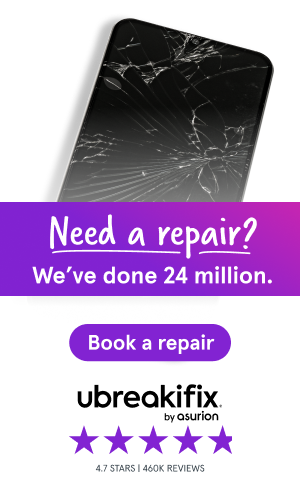In the GMB help, it is said that it is against Google rules to install dedicated computers to collect reviews. Create a link for customers to write reviews - Google My Business Help
But in the link to the Google rules, I can't find anything confirming this.
https://support.google.com/contributionpolicy/?hl=en#topic=7422769Has anyone any further information or experience with this ?
Thank you for your help.
But in the link to the Google rules, I can't find anything confirming this.
https://support.google.com/contributionpolicy/?hl=en#topic=7422769Has anyone any further information or experience with this ?
Thank you for your help.




